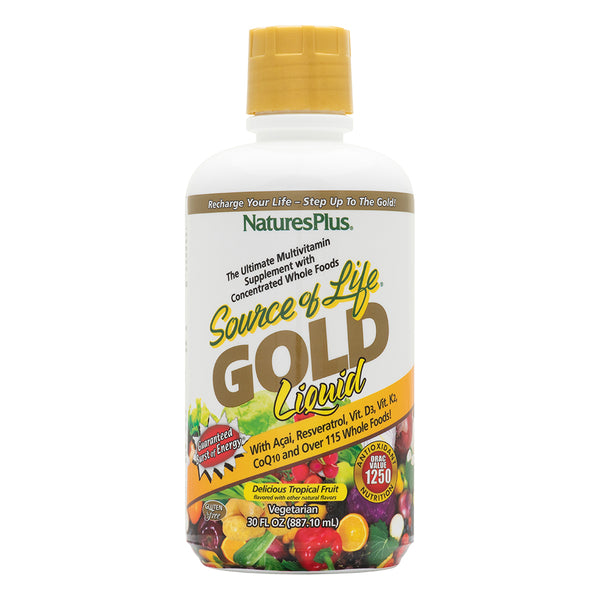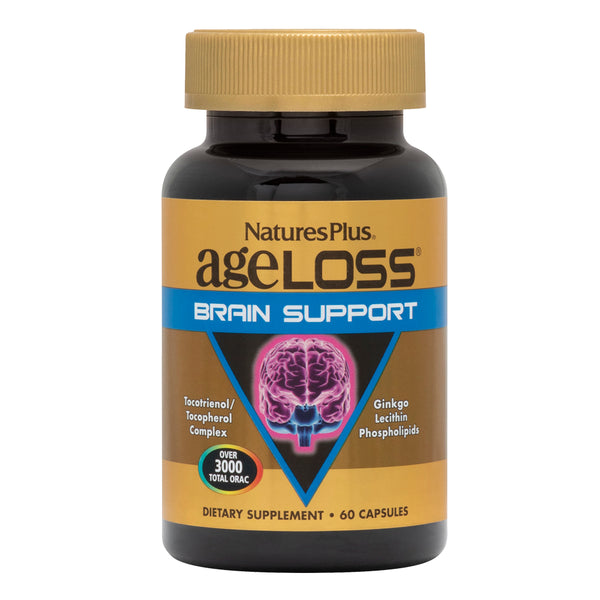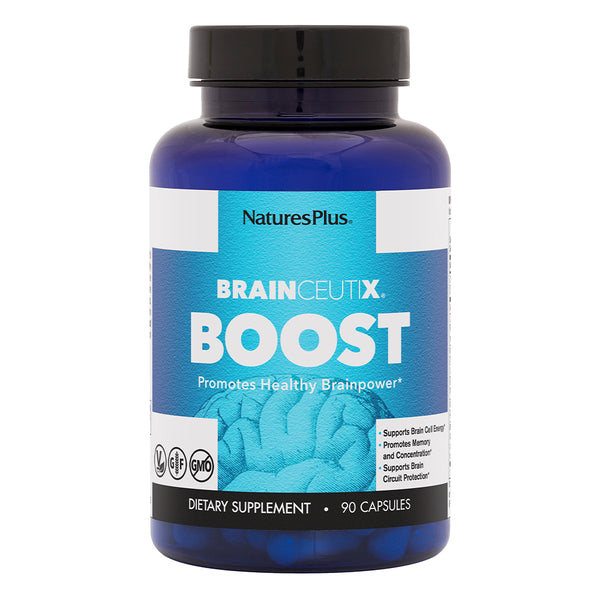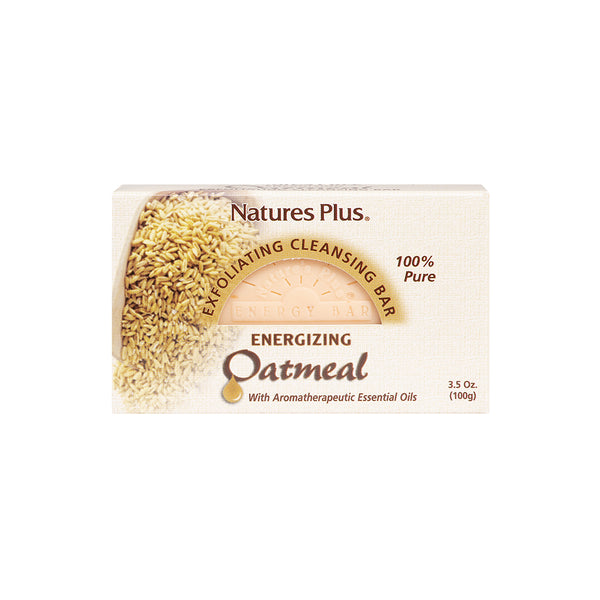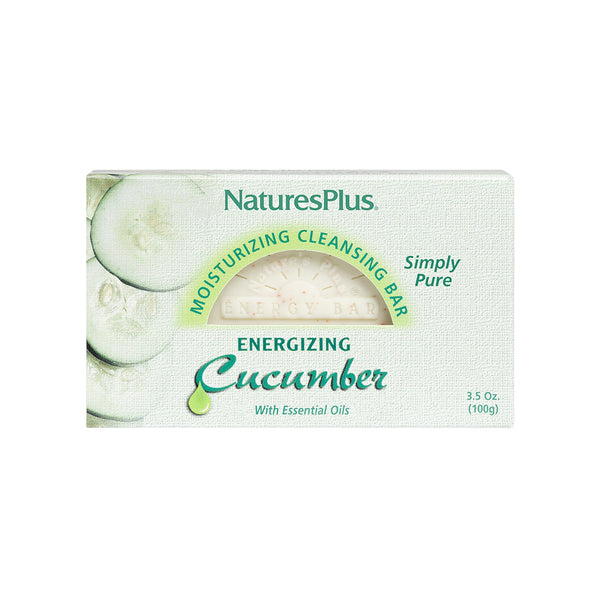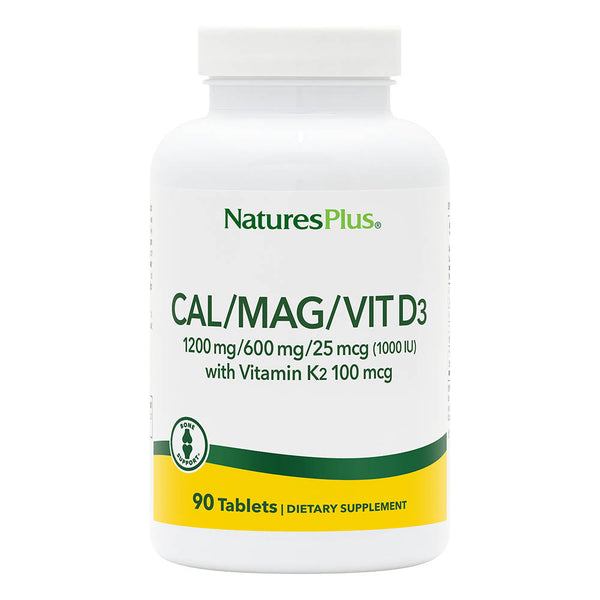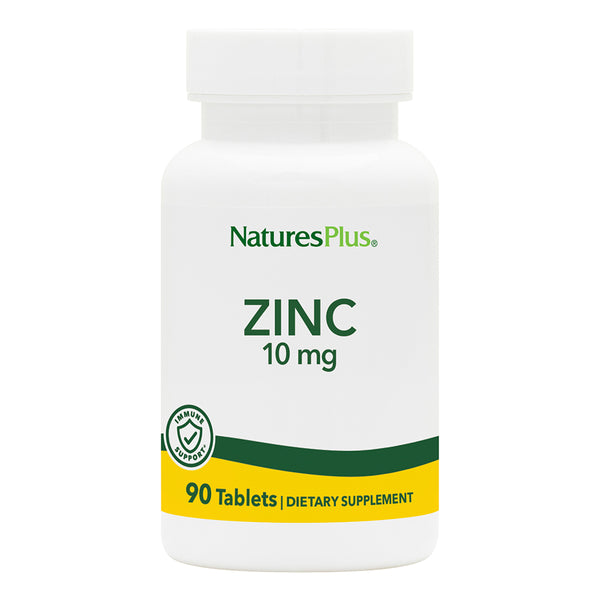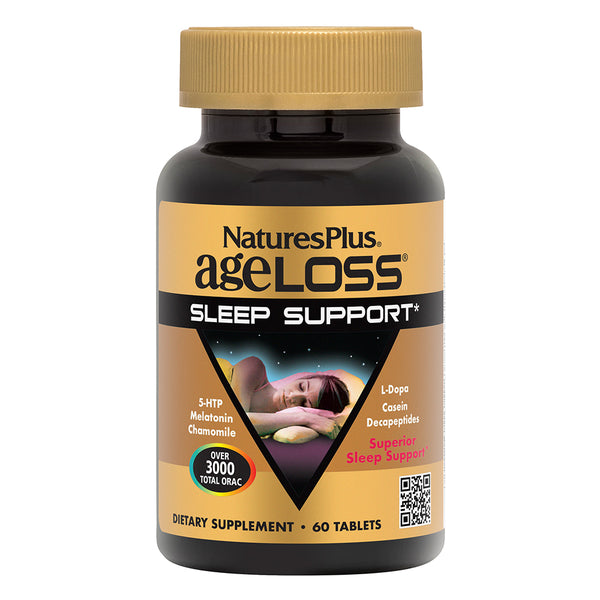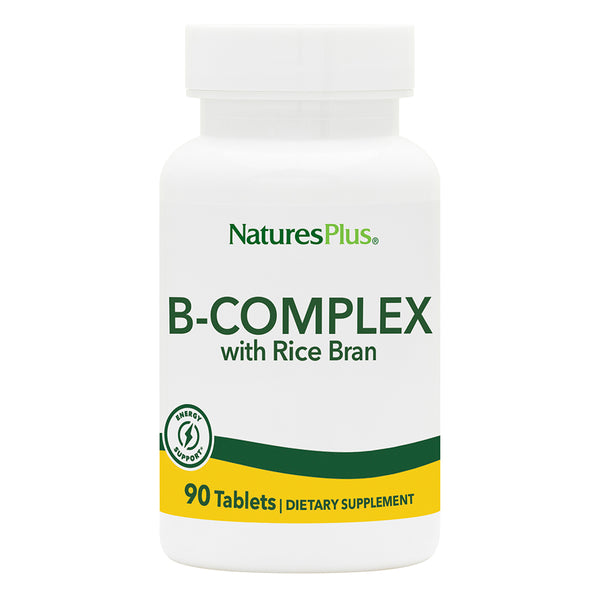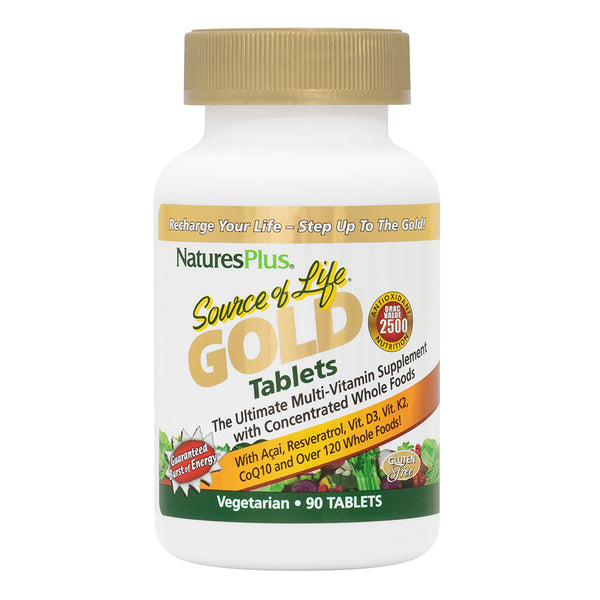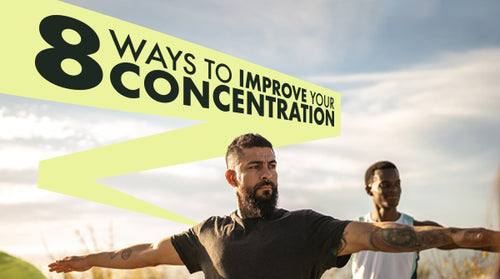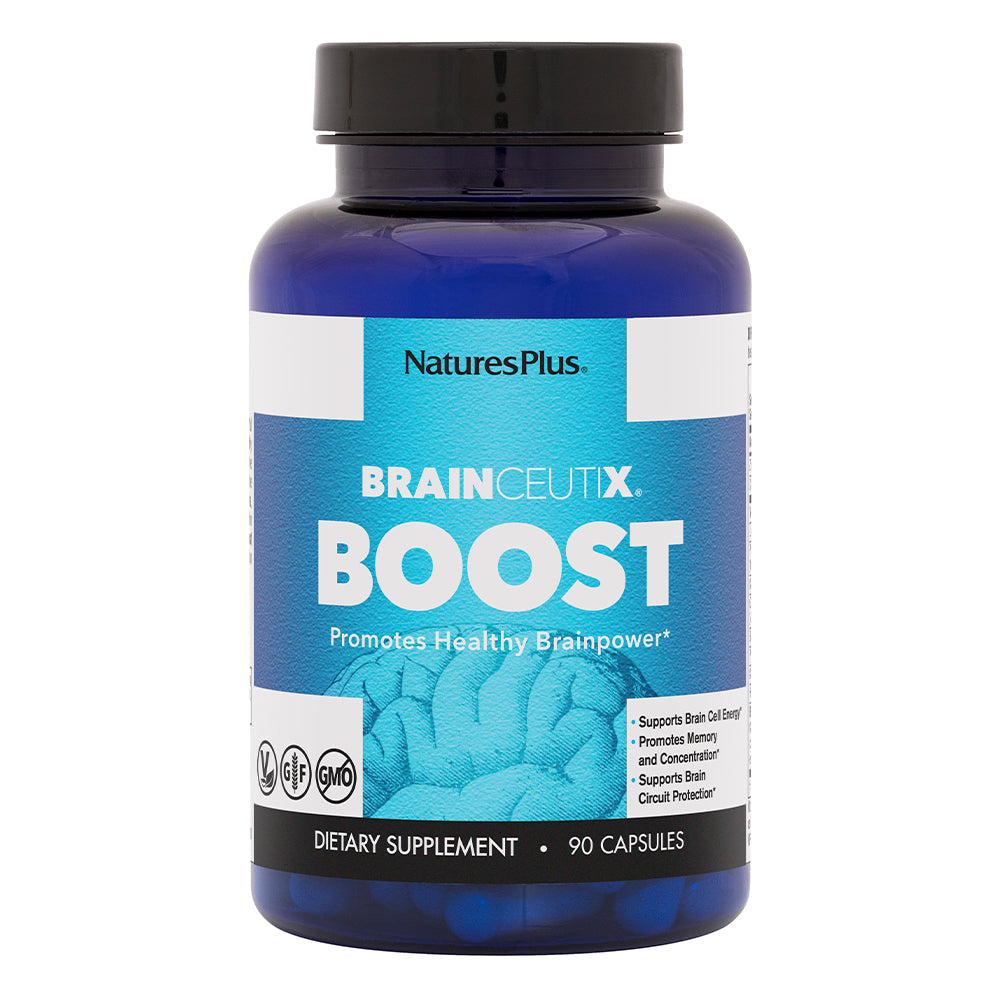Looking to maintain your mental sharpness, as in strong thinking and memory skills? Here are seven helpful ways to keep your brain sharp and on point.
Be a Social Butterfly

Are all your friendships via Snapchat? Limiting yourself to virtual relationships may compromise brain function in a big way.
“Humans are, by nature, social beings; we are designed to interact with one another and the world around us,”says Allen Towfigh, MD, of New York Neurology & Sleep Medicine. “When we socialize, our brains are exposed to and must process numerous stimuli and social cues.”
Socializing forces our brains to engage with our surroundings, and to process information and create appropriate responses to what is happening.
Towfigh adds that socializing generally releases endorphins and other feel-good substances such as dopamine and serotonin, which promote brain health. And it may even stave of dementia: In one study, older women who engaged in large social networks reduced their dementia risk by 26%. Those who had daily contact with their friends cut their risk of dementia by an even greater degree.†The information provided is not an endorsement of any product, and is intended for educational purposes only. NaturesPlus does not provide medical advice and does not offer diagnosis of any conditions. Current research on this topic is not conclusive and further research may be needed in order to prove the benefits described. The conditions and symptoms described may be indicative of serious health problems, and therefore should be brought to the attention of a qualified healthcare practitioner.
Too young to be worrying about dementia,you say? That may be true. But loneliness is closely related to depression, which knows no age and which has been linked to impaired cognition.
Break Up With Your Phone

Even beyond the social isolation factor, your phone may be draining your brain.
Keeping your phone near you at all times reduces your brainpower, according to research from the University of Texas at Austin. Experiments with 800 smartphone users showed the brain’s ability to process and complete tasks was compromised when the person’s phone was merely in the room with them.†The information provided is not an endorsement of any product, and is intended for educational purposes only. NaturesPlus does not provide medical advice and does not offer diagnosis of any conditions. Current research on this topic is not conclusive and further research may be needed in order to prove the benefits described. The conditions and symptoms described may be indicative of serious health problems, and therefore should be brought to the attention of a qualified healthcare practitioner.
Interestingly, the phone’s distraction was not due to notifications popping upon the device. The person’s ability to focus was reduced even when the smartphone was turned off, and whether it was lying face up or face down on a desk: Any time a phone was within easy reach, part of the person’s brain was actively working to not pick up the phone.
While it may be a challenge if you’re accustomed to checking it many times throughout the day, taking a vacation from your phone by placing it in another room outside of your work space may help boost your thinking skills.
Always Be Learning

Assimilating new knowledge helps keep your brain healthy.
Researchers have found that everyday types of learning help optimize and animate brain receptors and keep cells functioning at optimum levels. Adding physical exercise to the mix in a type of cognitive cross-training further enhances skill-specific learning, according to research from the University of Illinois at Urbana-Champaign.†The information provided is not an endorsement of any product, and is intended for educational purposes only. NaturesPlus does not provide medical advice and does not offer diagnosis of any conditions. Current research on this topic is not conclusive and further research may be needed in order to prove the benefits described. The conditions and symptoms described may be indicative of serious health problems, and therefore should be brought to the attention of a qualified healthcare practitioner.
“If you want to stay mentally sharp then you need to get comfortable with being uncomfortable,” says Adina Mahalli, MSW, certified mental health professional. “Whether that’s taking a new route home from work, trying out a new hobby or learning a new language, trying new things is an essential part of staying on your brain game.”
Try Doing Yoga

Deep breathing, clearing the mind and being “in the moment” can help decrease stress, eliminate negativity and otherwise ease anxiety and depression—and increase happiness and overall quality of life.
Practicing Hatha yoga or mindfulness meditation 25 minutes a day has been shown to boost cognitive abilities and the ability to control emotional responses, as well as habitual thinking patterns and actions, according to a study published in the journal Mindfulness.†The information provided is not an endorsement of any product, and is intended for educational purposes only. NaturesPlus does not provide medical advice and does not offer diagnosis of any conditions. Current research on this topic is not conclusive and further research may be needed in order to prove the benefits described. The conditions and symptoms described may be indicative of serious health problems, and therefore should be brought to the attention of a qualified healthcare practitioner.
Yoga and meditation both focus the brain’s conscious processing power and reduces processing of nonessential information. This enables better concentration, leading to a greater ability to focus on the task at hand. Yoga also promotes the release of endorphins and increases blood flow to the brain.
If you’re new to meditation, get into the habit by starting with 10 minutes every day and work your way up to longer sessions as you become more practiced. And drop into your local yoga studio to find a class—everything from restorative forms of yoga to the more-active power types—that suits your needs.
Get a Grip on Stress

Taking time to de-stress each day boosts your mental health in some surprising ways.
Stress’s negative impact on physical health is well known, but its effect on cognition and the brain appear just as notable. “To stay mentally sharp you need to manage daily stressors, the little ones you can do something about before they accumulate and overwhelm,” says Debbie Mandel, author of Addicted to Stress (Jossey-Bass).
Interestingly, stress itself isn’t the only problem. Studies show merely anticipating a stressful day negatively affects working memory (which helps people learn and remember information in the face of distractions), regardless of whether or not the stressful events occur.
“By addressing your triggers with something as basic as a walk outside or exercise, you will move stress out of your body most efficiently, oxygenate your brain to think straight and reap the benefits of neuroplasticity (the ability of the brain to change throughout life),” says Mandel.
Get Enough Sleep

If you don’t snooze, you could lose...brainpower, that is.
“A good night’s sleep is the cornerstone upon which our working memory is built,” says Towfigh. “Sleep is a complex, active brain state that allows our brains to sort through and accurately file away information that we have gathered throughout our day, while simultaneously allowing our brain to prepare to receive and learn new information the following day.”
What is enough sleep?
Most of us need between seven and nine hours a night. Towfigh says to determine how much sleep you need, measure the total number of hours you get over a two-week period and take the average; that should give you a pretty good idea of your sleep requirements.
If you had a less than great night’s sleep, research shows a 90-minute midday nap can also boost mental functioning and increase capacity for learning.†The information provided is not an endorsement of any product, and is intended for educational purposes only. NaturesPlus does not provide medical advice and does not offer diagnosis of any conditions. Current research on this topic is not conclusive and further research may be needed in order to prove the benefits described. The conditions and symptoms described may be indicative of serious health problems, and therefore should be brought to the attention of a qualified healthcare practitioner.
Exercise to Maintain Brainpower

Keeping your body in shape keeps you mentally sharp as well.
“When our muscles are activated through moderate to intense exercise, it helps reduce levels of blood glucose and cortisol, which damage and kill brain cells,” Towfigh explains.
Exercise also promotes the release of endorphins and antioxidants. “Numerous studies in human and animal models have demonstrated that people who exercise have less brain damage and less shrinkage (atrophy) than those that are sedentary,” Towfigh adds.
Regular aerobic exercise that raises your heart rate and gets you sweating appears to increase the size of the hippocampus, a part of the brain involved in memory and learning.†The information provided is not an endorsement of any product, and is intended for educational purposes only. NaturesPlus does not provide medical advice and does not offer diagnosis of any conditions. Current research on this topic is not conclusive and further research may be needed in order to prove the benefits described. The conditions and symptoms described may be indicative of serious health problems, and therefore should be brought to the attention of a qualified healthcare practitioner.
Generally, experts recommend a half an hour of moderate physical exercise most days of the week for a total of 150 minutes.
†The information provided is not an endorsement of any product, and is intended for educational purposes only. NaturesPlus does not provide medical advice and does not offer diagnosis of any conditions. Current research on this topic is not conclusive and further research may be needed in order to prove the benefits described. The conditions and symptoms described may be indicative of serious health problems, and therefore should be brought to the attention of a qualified healthcare practitioner.The information provided is not an endorsement of any product, and is intended for educational purposes only. NaturesPlus does not provide medical advice and does not offer diagnosis of any conditions. Current research on this topic is not conclusive and further research may be needed in order to prove the benefits described.The conditions and symptoms described may be indicative of serious health problems, and therefore should be brought to the attention of a qualified healthcare practitioner.
Like this article? You’ll love our weekly newsletter
sign up here!
**These statements have not been evaluated by the Food and Drug Administration. This product is not intended to diagnose, treat, cure or prevent any disease.






